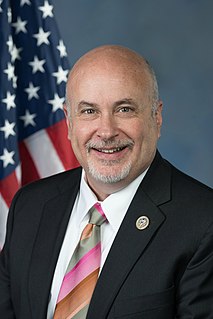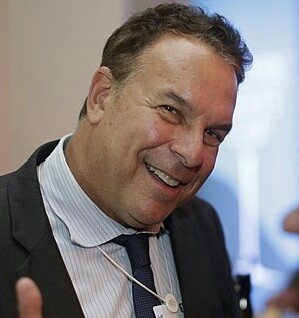A Quote by Mike Rowe
I think a trillion dollars of student loans and a massive skills gap are precisely what happens to a society that actively promotes one form of education as the best course for the most people. I think the stigmas and stereotypes that keep so many people from pursuing a truly useful skill, begin with the mistaken belief that a four-year degree is somehow superior to all other forms of learning.
Quote Topics
Actively
Begin
Belief
Best
Course
Degree
Dollars
Education
Form
Forms
Four
Four-Year
Gap
Happens
Keep
Learning
Loans
Many
Massive
Mistaken
Most
Other
People
Precisely
Pursuing
Skill
Skills
So Many People
Society
Somehow
Stereotypes
Student
Student Loan
Student Loans
Superior
Think
Trillion
Truly
Useful
Year
Related Quotes
I'm all for reforming our higher education system, in the 21st century, to have the skills you need for a middle-class job, you need higher education of some form or fashion. It may not be a four-year degree. The problem is he just wants to pour that additional money into the broken, existing system.
I should emphasize this, to keep well-meaning but misguided multiculturalists at bay: the theoretical entities in which these tribal people frankly believe — the gods and other spirits — don't exist. These people are mistaken, and you know it as well as I do. It is possible for highly intelligent people to have a very useful but mistaken theory, and we don't have to pretend otherwise in order to show respect for these people and their ways.
This is a devastating problem, is, the longer our children are in school, the worse they do. Year after year after year, our children in America are falling further behind. Our 3- and 4-year-olds enter kindergarten OK, and they fall further and further behind. Each year, children in other countries are learning more than children in this country. And so the gap between American student performance in Singapore and Finland and South Korea and Canada and these other countries, the gap widens year after year after year.
Do you like people? Most people claim that they like people with, of course, a "few exceptions." When the exceptions are added together it becomes clear that they include a vast majority of the people. It becomes equally clear that most people like just a few people, their kind of people, and either do not actively care for or actively dislike most of the "other" people.
Public education is the key civil rights issue of the 21st century. Our nation's knowledge-based economy demands that we provide young people from all backgrounds and circumstances with the education and skills necessary to become knowledge workers. If we don't, we run the risk of creating an even larger gap between the middle class and the poor. This gap threatens our democracy, our society and the economic future of America.

































